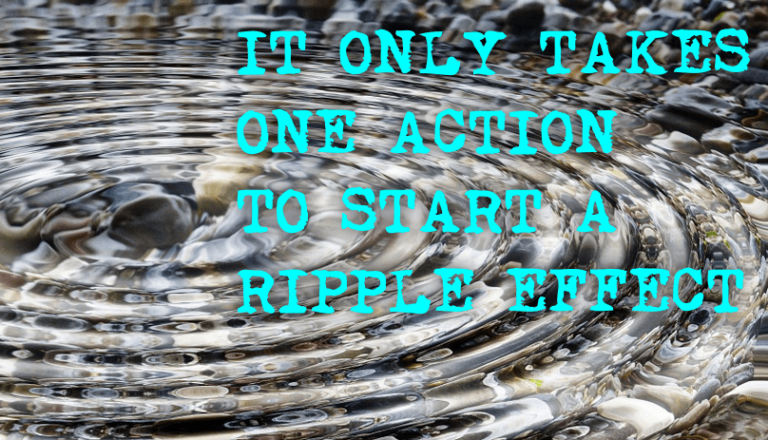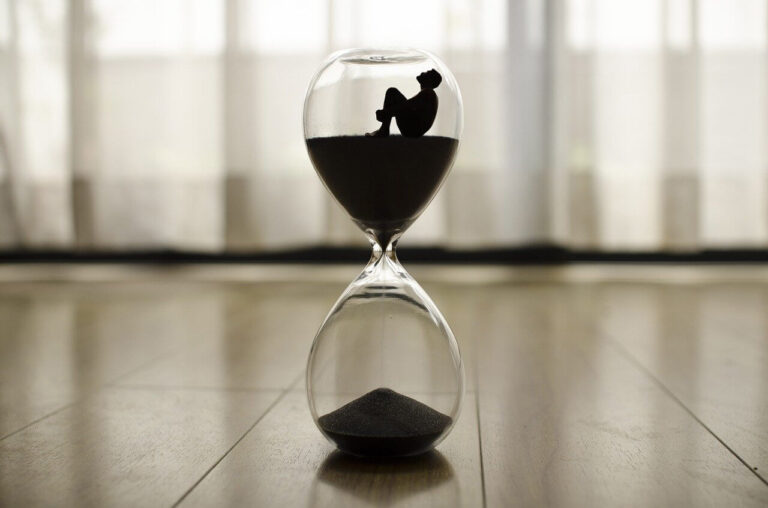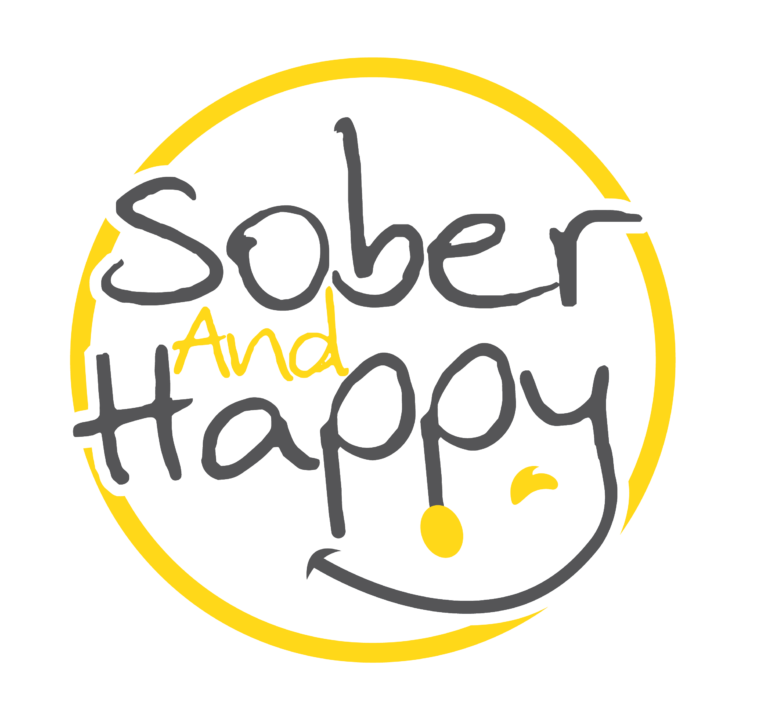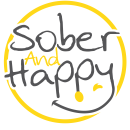Imagine this: you’ve strung together a solid few weeks of sobriety. You’re feeling optimistic, maybe even confident, that this time, it will stick.
Then, out of nowhere, a series of small annoyances—an argument on social media, a bad day at work, and a stressful commute—pile up. By the time you pass your usual liquor store on the way home, the pull toward a drink feels almost unbearable. Sound familiar?
If you’ve been there, you’re not alone. In this blog, we’ll explore how to recognize and manage triggers so you can move through these moments without turning back to old habits.
Triggers Are Inevitable
Triggers are an inevitable part of the recovery journey, especially in early sobriety. They can appear as small annoyances, unresolved emotions, or situations we didn’t expect. Left unchecked, they often lead to relapse. But here’s the good news: By understanding what triggers us and building coping strategies, we can navigate these challenges and strengthen our recovery.
How To Deal With Triggers In Sobriety
- Understand Your Why. At the core of every relapse is a tipping point: when the reasons to drink outweigh the reasons not to. Having a clear, deeply personal “why” for sobriety is your strongest defense against triggers.
- Pro Tip: If your “why” doesn’t resonate, revisit it. For many of us, doing it “for ourselves” may not feel compelling enough early on. Instead, think about what (or who) motivates you most to stay sober, whether it’s family, health, or a long-term dream. If you’re struggling to define your why, listen to Episode #2 of the podcast for guidance on creating a solid foundation for your recovery.
- Identify and Categorize Triggers. Not all triggers are created equal. By recognizing patterns, you can create a proactive plan to address them.
- Common Trigger Categories:
- Stress: Work, finances, or unexpected events.
- Loneliness: Isolation or feeling disconnected.
- Boredom: Downtime or lack of fulfilling activities.
- Environment: Places or people associated with drinking.
- Cravings: Physical or emotional reminders of alcohol.
- Example Exercise: Think back to your last relapse or near-relapse. What was the root cause? Was it really the argument, or was it underlying stress or loneliness? Identifying the true source helps you break the cycle before it starts.
- Develop Coping Strategies. Once you know your triggers, experiment with healthy alternatives to manage them.
- Stress: Practice mindfulness, exercise, or take quick breaks to reset your mindset.
- Loneliness: To avoid feeling isolated, call a friend, attend a recovery group, or plan activities in advance.
- Boredom: Start a new hobby, explore nature, or try something creative like painting or writing.
- Environment: Temporarily avoid bars or parties and create a safe space at home where alcohol is out of sight and mind.
- Embrace The Power of Acceptance. Early in sobriety, it’s easy to feel like the world is against you. Whether it’s a beer commercial during your favorite show or a rude coworker, triggers can seem personal. But most of the time, they’re not. When you stop taking triggers personally, you take away their power.
- Set Boundaries and Take Action. Some triggers, like toxic relationships or disrespectful behavior, require more than acceptance—they demand action.
- Steps to Set Boundaries:
- Speak Out: Address the issue calmly and clearly when emotions aren’t high.
- Communicate Needs: Let others know what behaviors you will and won’t tolerate.
- Enforce Consequences: If someone refuses to respect your boundaries, be prepared to step back from the relationship if necessary.
- Why It Matters: Respecting your boundaries protects your sobriety and reinforces self-worth. If you want to learn more about setting boundaries, we cover that in detail in episode 19 of The Sober and Happy Podcast.
You Can Navigate Triggers
Navigating triggers is one of the most challenging aspects of recovery but also one of the most rewarding. By understanding your why, identifying triggers, experimenting with coping strategies, and setting boundaries, you can reduce their power over time. Recovery isn’t about avoiding every possible trigger—it’s about building resilience so they no longer dictate your choices.
Triggers may feel overwhelming now, but with the right tools and mindset, you can move through them and become stronger. Listen to the full episode of The Sober and Happy Podcast for a deeper dive into managing triggers and building a resilient recovery.














